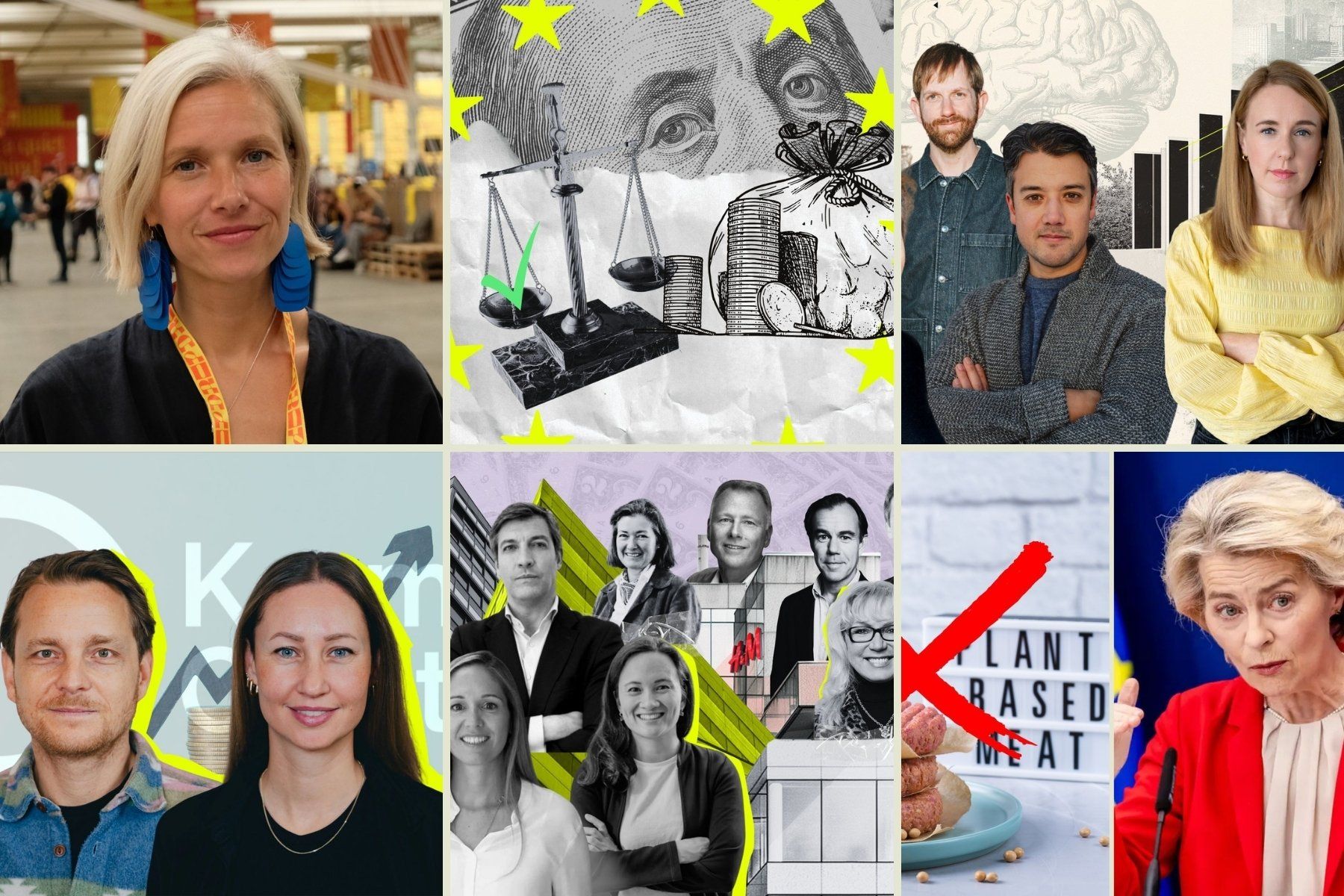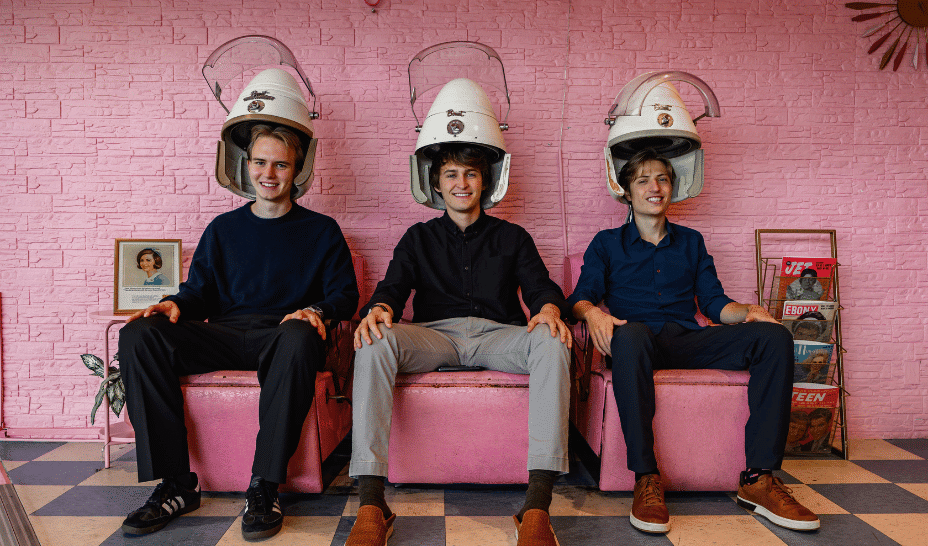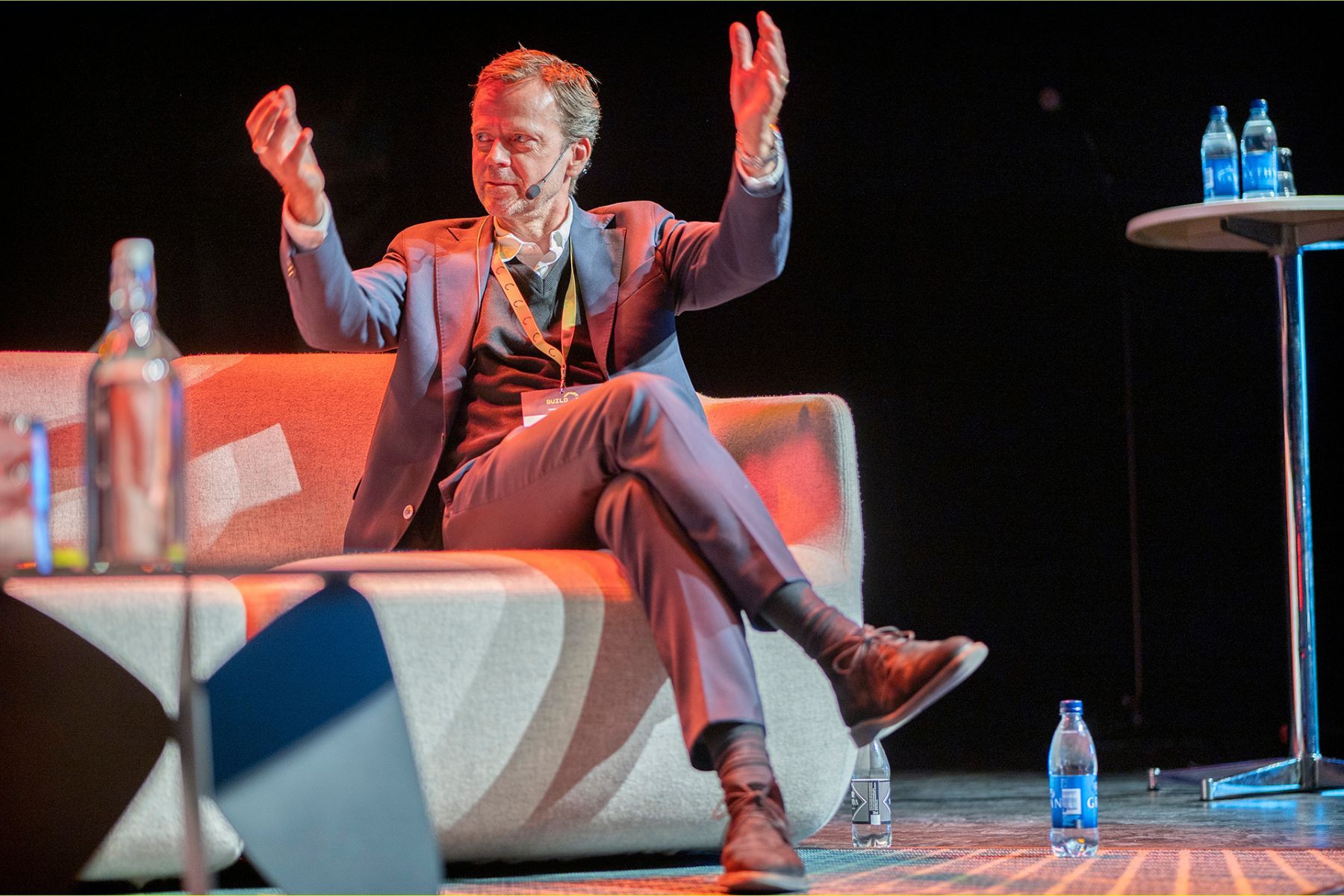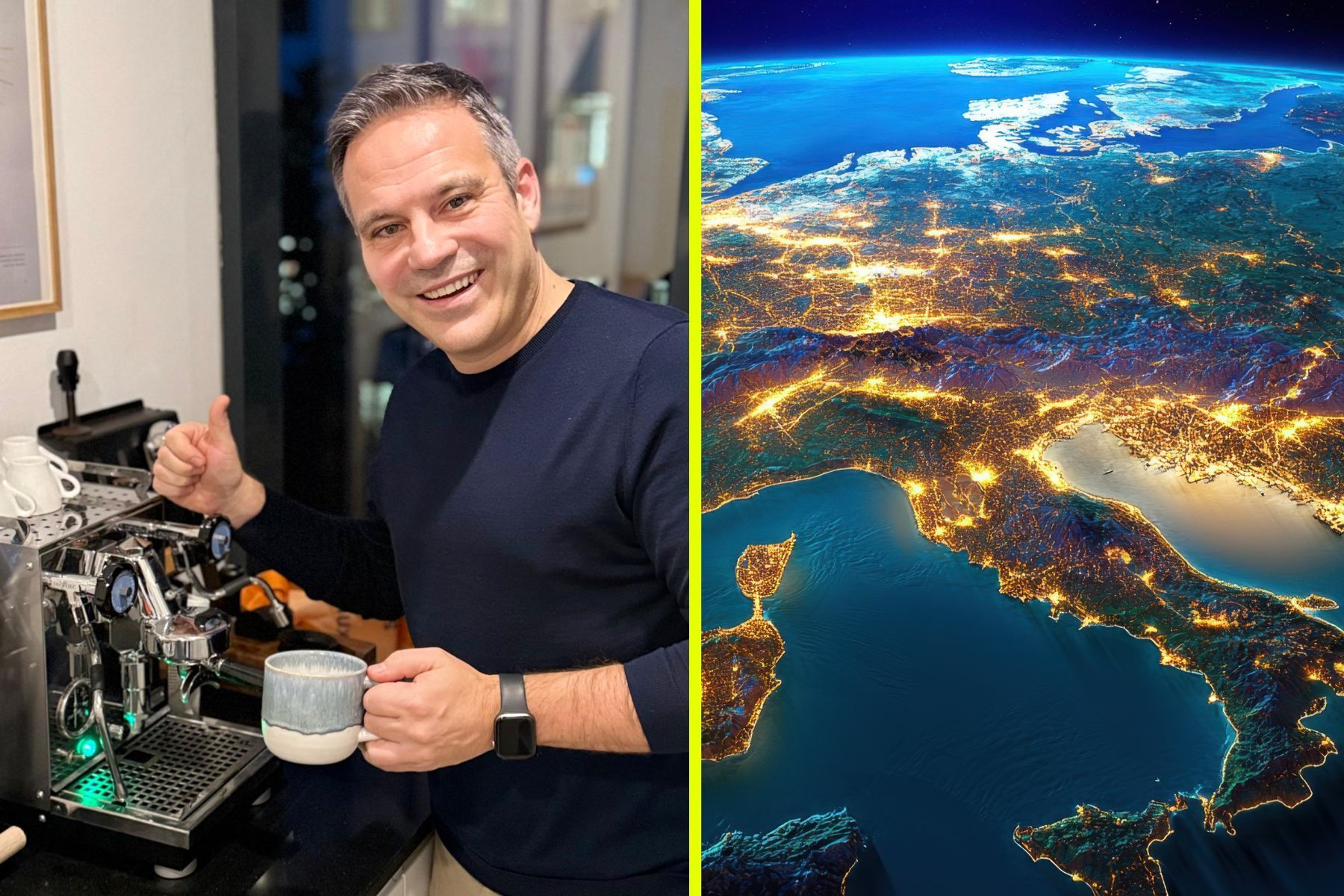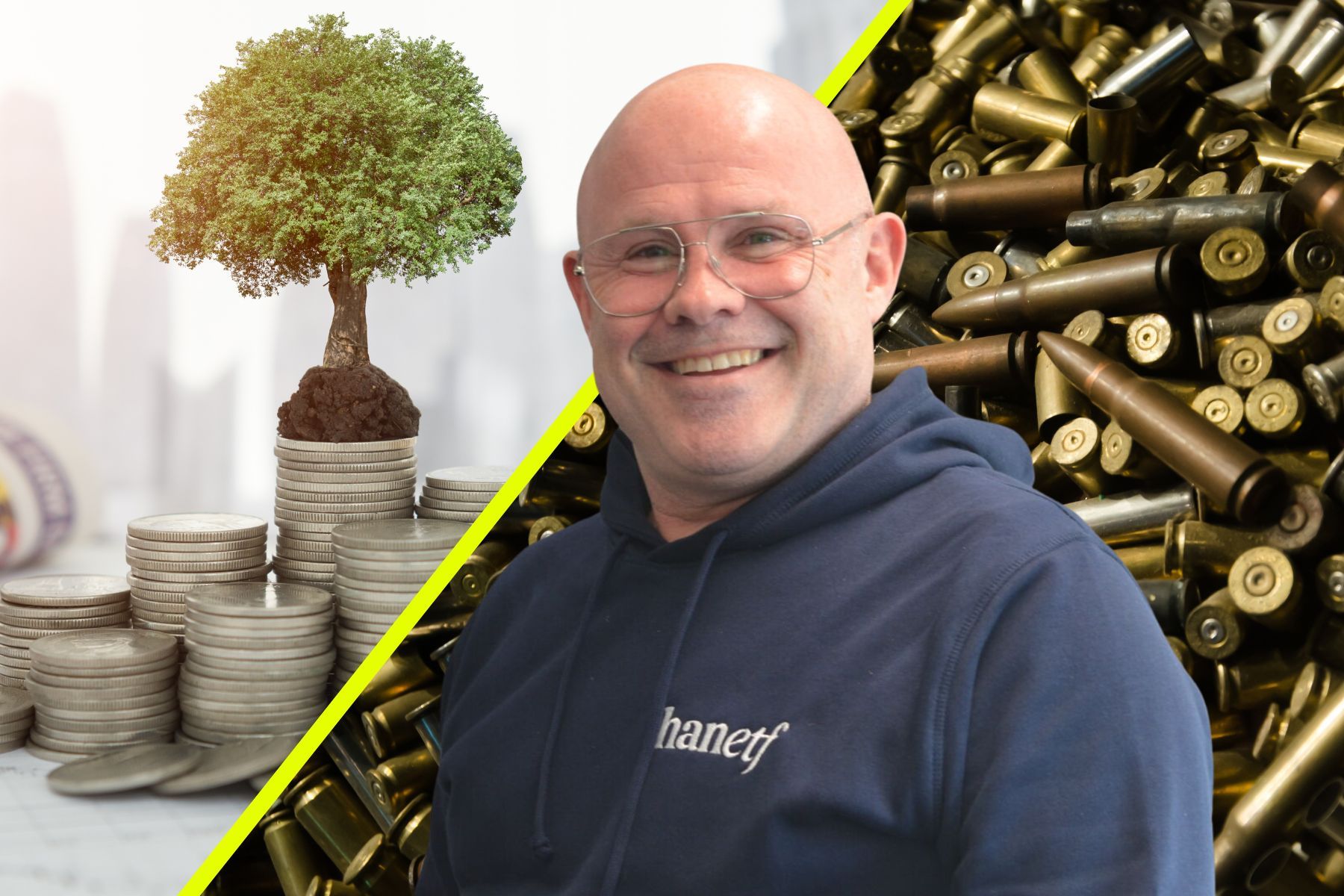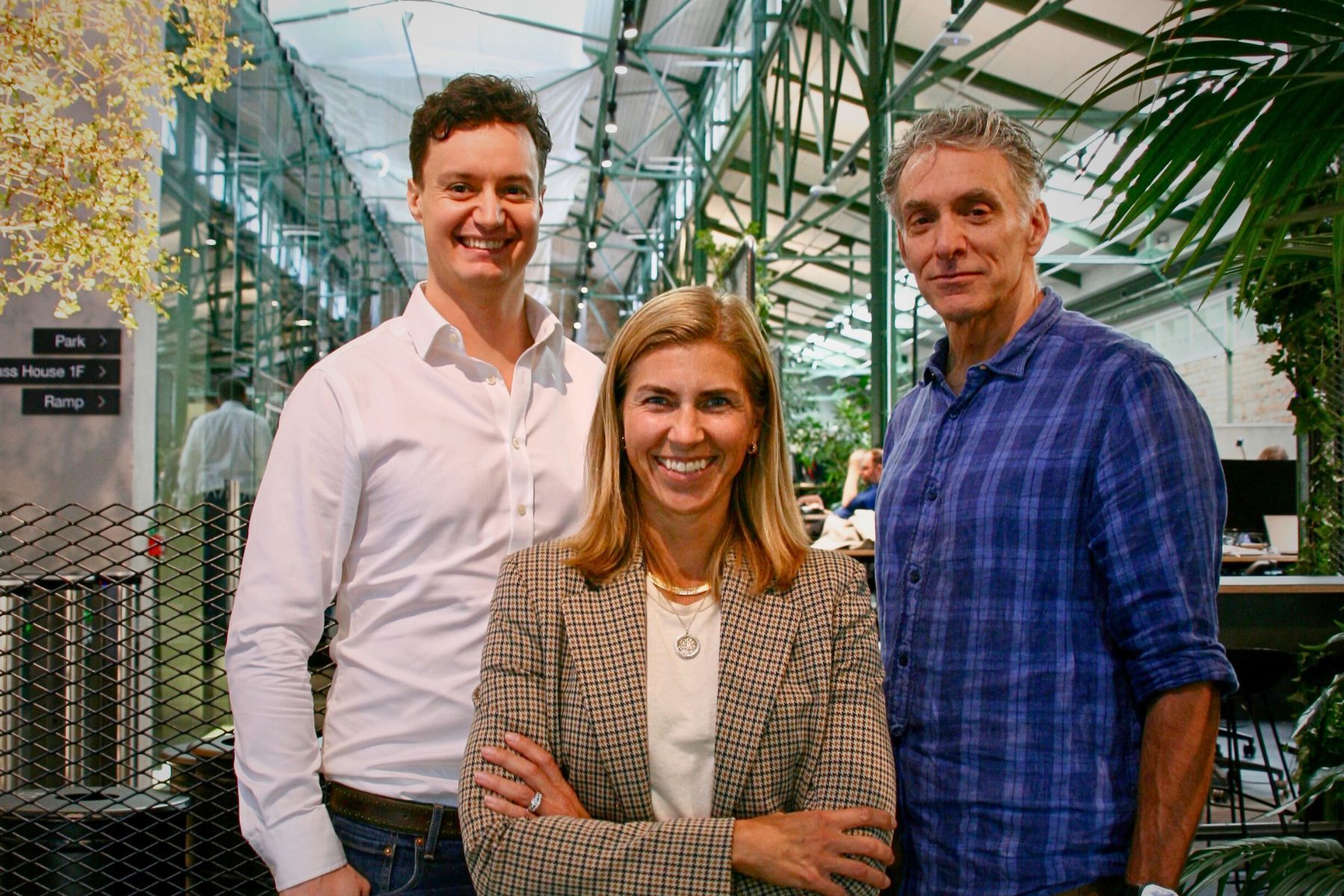Exclusive: Redstone unveils €25m ocean tech fund to revive ‘dying' Baltic Sea
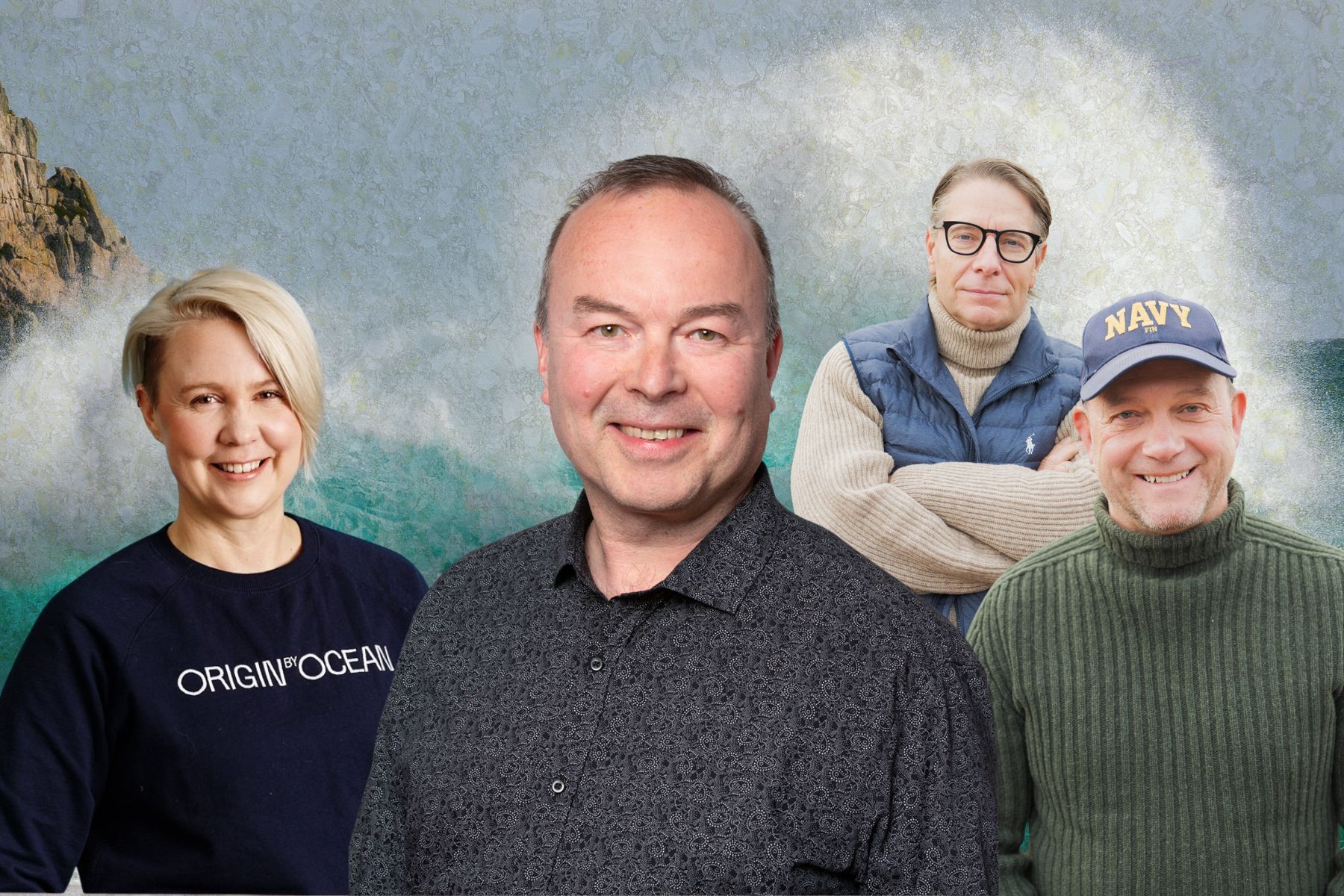
Redstone Nordics has launched a new €25m fund to back startups tackling ocean challenges, with a special focus on the Baltic Sea. <br><br>The news will be announced later today at the A’Pelago summit in Turku, Finland, where around 300 entrepreneurs and investors are gathering in a bid to catalyse investment into the blue economy. <br><br>We can exclusively reveal: <br>-> The new fund's first anchor investors<br>-> The minimum cheque size <br>-> What kind of startups Redstone is looking for <br><br> <br>
.png)

Redstone Nordics is diving into the blue economy.
The Helsinki-based VC is raising a new €25m fund to back startups tackling ocean challenges, with a special focus on the ‘dead waters’ of the Baltic Sea.
“The blue economy is a $6 trillion industry with enormous untapped potential,” Kaj Hagros, managing partner at Redstone Nordics, tells Impact Loop. “Yet, there’s a huge funding gap.”
Redstone dropped news of its new fund at the A’Pelago summit in Turku, Finland today, where around 300 entrepreneurs and investors are gathering to discuss and catalyse blue economy investment in the Baltic Sea region and elsewhere.
Attending the event are dozens of other prominent Nordic investors, including Inka Mero from Voima Ventures, Innovestor’s Piia Maaranen, and Klas Johansen, who heads up Stockholm-based blue economy VC BluKap.
Calling ocean startups
This is Redstone Nordics’ first fund dedicated to funding the blue economy. To lead the new venture, the VC is opening a new office in Turku.
Dubbed Redstone BLUE I, the new fund will start investing from 2026. Its starting ticket size is €200k.
Its focus spans four buckets: cleaner shipping and ports, offshore renewables and subsea cables, aquaculture and algae products, plus climate and geospatial data for the seas.
Timo Ketonen, a Finnish investor, entrepreneur and sailor, is one of the anchor investors in Redstone’s new fund through his family office Aboa Advest. The other is the City of Turku, which has invested 10% of the fund's total capital.
Ketonen also co-founded A'Pelago alongside fellow entrepreneur Patrik Anckar in 2022. Alongside its annual event, the organisation acts as a “startup ecosystem builder” for the blue economy.
“We try to tell people not to look at the Baltic Sea as a dirty pond,” Anckar tells Impact Loop. “Look at it as a sea of opportunities.”
Saving the Baltic
The Baltic Sea, simply put, is dying. Slow water flow, low salt levels, pollution from farming, and overfishing have decimated biodiversity in the shallow sea. But those very problems could also make the ideal testing ground for ocean tech.
Anchar says the pair founded A'Pelago to connect ocean-focused companies with capital – in a high-tech bid to save the Baltic. It also runs its own startup accelerator and pitch battle – which is taking place at the event in Turku today.
Participating startups include Nemo Seafarms, which restores ecosystems by farming keystone marine species; Lentola Logistics, which uses drones to replace boats and cars in coastal transport; and Reverlast, which turns retired wind turbine blades into floating infrastructure.
‘We need systemic change’
Still, it's unlikely that the mounting issues of pollution, overfishing, and climate change impacting the Baltic Sea and the world's oceans will be tackled by entrepreneurs alone.
“It’s not enough to launch a few startups,” Mari Granström, ocean activist and founder of Origin by Ocean, tells Impact Loop. “We need systematic change – and the government plays a crucial role.”
Origin by Ocean, based in Helsinki, is creating bio-based products from sargassum, a type of seaweed which is suffocating shorelines in the Caribbean and West Africa.
Closer to home, Granström has become rather skeptical of well-intentioned efforts to combat algal overgrowth and pollution in the Baltic.
“We’ve been talking since I was born that we have to do something for the Baltic Sea, but nothing is really happening,” she says.
While Granström believes initiatives like A’Pelago – which she is attending as a speaker this week – are a step in the right direction, she’s not convinced business alone can fix decades of damage.
“People get excited and say, ‘Yeah, we can do it.’ But then you actually have to do it. And it’s hard work. Super hard work.”
For now, Redstone’s BLUE I Fund adds fresh momentum (and money) to Europe’s ocean tech scene. Whether it can shift the tide in the Baltic remains an open question.
Get full access to Europe's new platform for impact news
- Quality journalism, interviews, investor profiles and deep-dives
- Daily newsletter with top stories, latest funding rounds and roundup to keep you in the loop
Keep reading – get in the loop!
- Håll dig i loopen med vårt dagliga nyhetsbrev (gratis!)
- Full tillgång till daglig kvalitetsjournalistik med allt du behöver veta inom impact
- Affärsnätverk för entreprenörer och investerare med månatliga meetups
Fortsätt läsa – kom in i loopen!
- Håll dig i loopen med vårt dagliga nyhetsbrev (gratis)!
- Full tillgång till daglig kvalitetsjournalistik med allt du behöver veta inom impact
- Affärsnätverk för entreprenörer och investerare med månatliga meetups



